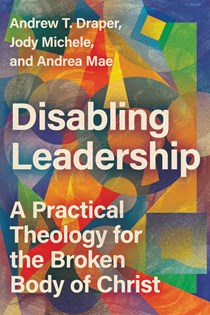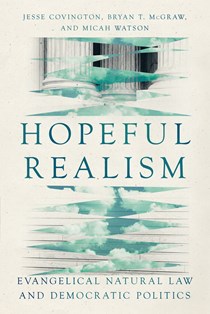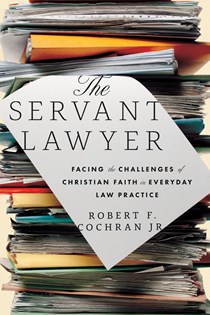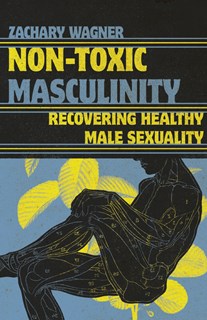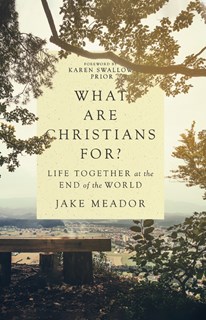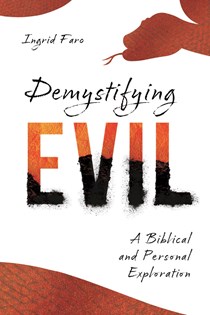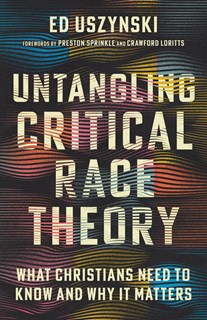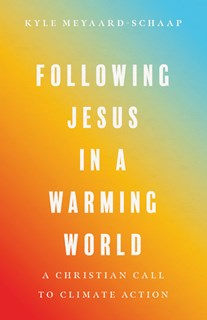Ethics
-
Sexuality and Sex Therapy
A Comprehensive Christian Appraisal
Christian Association for Psychological Studies Books
by Mark A. Yarhouse and Erica S. N. Tan
A Comprehensive Survey of Human Sexuality from a Christian Perspective
The field of human sexuality is one of ever-increasing complexity, particularly for Christian therapists and psychologists seeking to be faithful to Scripture, informed by science, and sensitive to culture. In Sexuality and Sex Therapy, Mark Yarhouse and Erica Tan offer a survey and appraisal of ...
-
Disabling Leadership
A Practical Theology for the Broken Body of Christ
by Andrew T. Draper, Jody Michele, and Andrea Mae
People with disabilities are often excluded from full participation in church communities. Accessibility is a key component of the biblical ministry of reconciliation—but it's not enough. To truly work toward reconciliation, churches must both consider the theological implications of disability and also become places where people with disabilities lead.
Disabling ...
-
Hopeful Realism
Evangelical Natural Law and Democratic Politics
by Jesse Covington, Bryan T. McGraw, and Micah Watson
A Natural Law Framework for Evangelicals Today
During a time when political conversations are marked by deep polarization and difficult decision-making, what resources do evangelicals have to think critical and theologically about public life?
For political theorists Bryan T. McGraw, Jesse Covington, and Micah Watson, a crucial resource is to be found in natural law, ...
-
The Servant Lawyer
Facing the Challenges of Christian Faith in Everyday Law Practice
by Robert F. Cochran Jr.
Foreword by John InazuMost lawyers, from Wall Street to the county seat, spend their days drafting documents, negotiating with other attorneys, trying cases, researching the law, and counseling clients. How does this everyday law practice relate to Jesus' call to follow him in servanthood?
With decades of experience in the law office, courtroom, and classroom, Robert F. Cochran Jr. explores Jesus' ...
-
Non-Toxic Masculinity
Recovering Healthy Male Sexuality
by Zachary Wagner
Dismissals such as "boys will be boys" and "not all men" are ingrained in our world. And the purity culture of our youth sold the same excuses with a spiritual spin. Can we break the toxic cycle and recover a healthy identity for men?
In Non-Toxic Masculinity, Zachary Wagner tells men, "If you are in Christ, this is your problem—and you should be part of the solution."
Reflecting ...
-
What Are Christians For?
Life Together at the End of the World
by Jake Meador
Foreword by Karen Swallow PriorWhat does a Christian political witness look like in our day?
Politics ought to be defined by fidelity to the common good of all the members of society. But our modern Western politics are defined by a determination to bend the natural world and human life to its own political and economic ends. This wholesale rejection of the natural order is behind the dominant revolutions ...
-
Demystifying Evil
A Biblical and Personal Exploration
by Ingrid Faro
Foreword by Heather Davediuk GingrichThe evil that afflicts our lives often leaves us confused and directionless, wounded and powerless. How should we respond to evil's power to assault us? How can we understand God's work in a world that seems all too often to be permeated with evil?
Narrating her own wrestling with evil as well as engaging in biblical and philosophical analysis, biblical scholar Ingrid Faro ...
-
Untangling Critical Race Theory
What Christians Need to Know and Why It Matters
by Ed Uszynski
Foreword by Preston Sprinkle and Crawford LorittsWhat is Critical Race Theory?
It may be one of the most widely referenced issues of the day, but it's also one of the least understood. In its translation from the academic world to the general public, Critical Race Theory (CRT) has inaccurately become a catch-all term for anything related to race. But what does it actually mean, and how should Christians engage it?
Ed ...
-
Following Jesus in a Warming World
A Christian Call to Climate Action
by Kyle Meyaard-Schaap
Have you ever looked at the effects of climate change and the apathy of so many around you and wondered, "What are we missing here?"
Climate activist Kyle Meyaard-Schaap understands this feeling from personal experience. But in his years of speaking to and equipping Christians to work for climate action, he's seen the trend begin to shift. More and more young Christians are ...
-
Flood and Fury
Old Testament Violence and the Shalom of God
by Matthew J. Lynch
Foreword by Helen PaynterWhat do we do with a God who sanctions violence?
Old Testament violence proves one of the most troubling topics in the Bible. Too often, the explanations for the brutality in Scripture fail to adequately illustrate why God would sanction such horrors on humanity. These unanswered questions leave readers frustrated and confused, leading some to even walk away from their faith.
In ...



